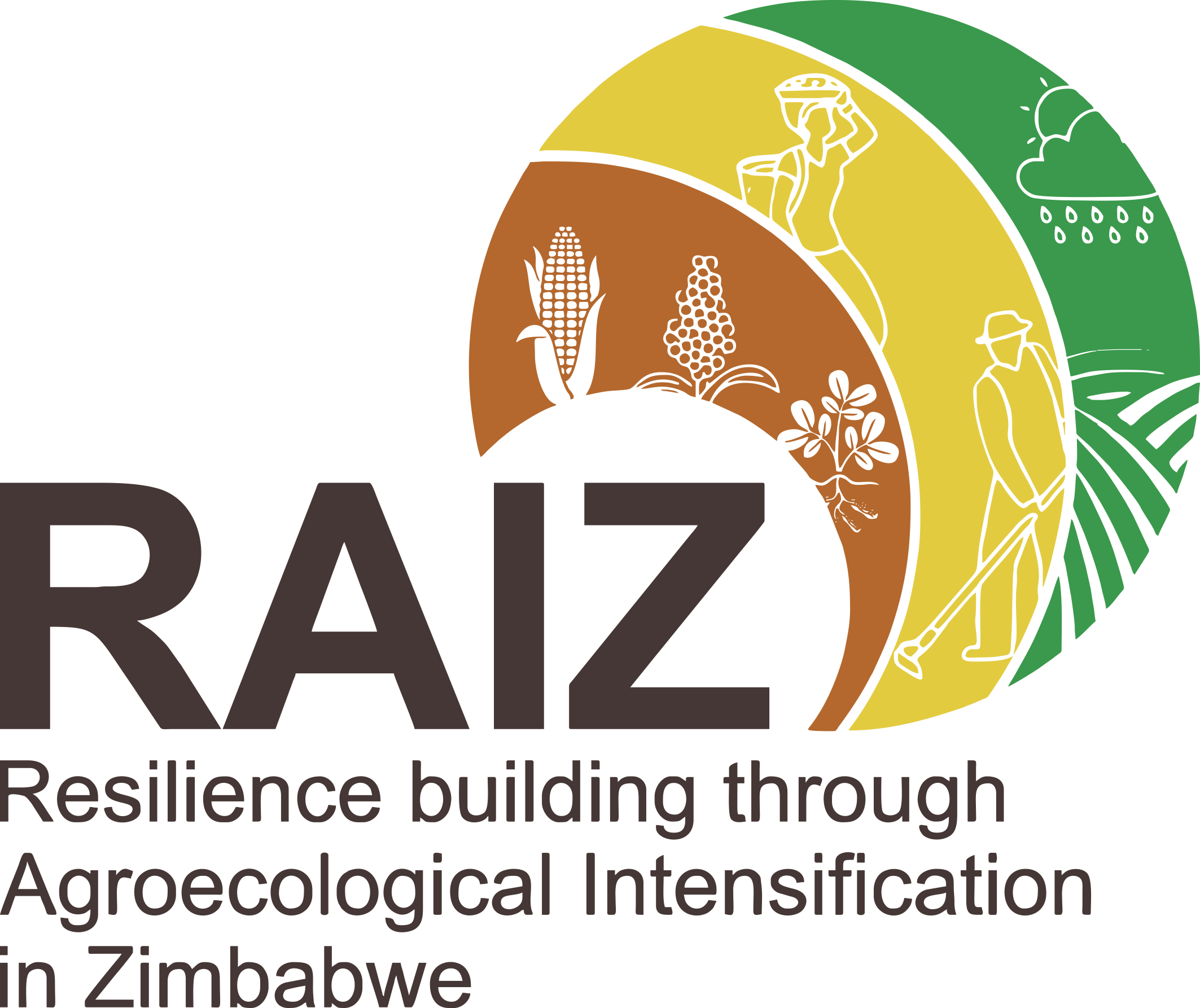Accompanying Zimbabwean small-holders towards ecological intensification: the contribution of experimental economics to design effective policies.
Research questions
This research aims to answer the following questions:
1. How can we incentivize farmers to adopt agro-ecological intensification practices?
2. What are the preferences of farmers regarding agricultural practices, and what practices would they be willing to implement?
3. The study will examine the most suitable technologies and accompanying measures that can facilitate the adoption of sustainable technologies.
General context
Lack of access to credit and the uncertainty of investment returns are the main barriers to agro-ecological intensification (AEI) in Zimbabwe. Although credit and investment opportunities are crucial in promoting technological change, other constraints such as labour and equipment also require intervention. The design of these instruments must be tailored to the real conditions of farmers, taking into account cognitive biases that could affect their behaviour.
Importance of the research question
The thesis will study the AEI technologies retained and studied by agronomists in the RAIZ project. These technologies will be adapted from farmers’ current practices and knowledge, but will require testing and, in some cases, additional inputs. However, they may result in a short-term loss of income despite long-term positive effects, which could pose a risk for farmers in increasingly uncertain climatic and market environments. Input subsidies, access to credit and/or insurance can be possible instruments to reduce the risks associated with these investments, but the modalities of these instruments need to be calibrated to meet the needs of producers.
The research will employ discrete choice experiments (DCEs) to examine the diversity of farmers’ preferences for technology attributes and contracts that can be used to encourage their adoption. While DCEs can provide useful information on the diversity of farmers’ preferences, they are sometimes criticized for being based on hypothetical scenarios. Therefore, the thesis will explore ways to validate the results of the DCE through experimentation. This will involve offering a sample of producers the real possibility of testing the accompanying instrument identified in the previous steps. The research will use incentive-compatible auctions to identify the real WTP/WTA of producers to enter into binding contracts.
Amandine BELARD
PhD Student
Duration
2022-2025
Scientific supervision
Supervisor – Damien Jourdain (CIRAD)
Co-Supervisor – Françoise Gérard (CIRAD)
Location
Murehwa District
Biography
I obtained my master degree in Development Economics from Toulouse School of Economics in 2018. I was intensively trained in data collection and data analysis. Before starting my PhD within RAIZ, I had the opportunity to work with researchers from the Institute of Advanced Studies of Toulouse (IAST), the CIRAD and the Center for Environmental Economics of Montpellier (CEE-M). .

